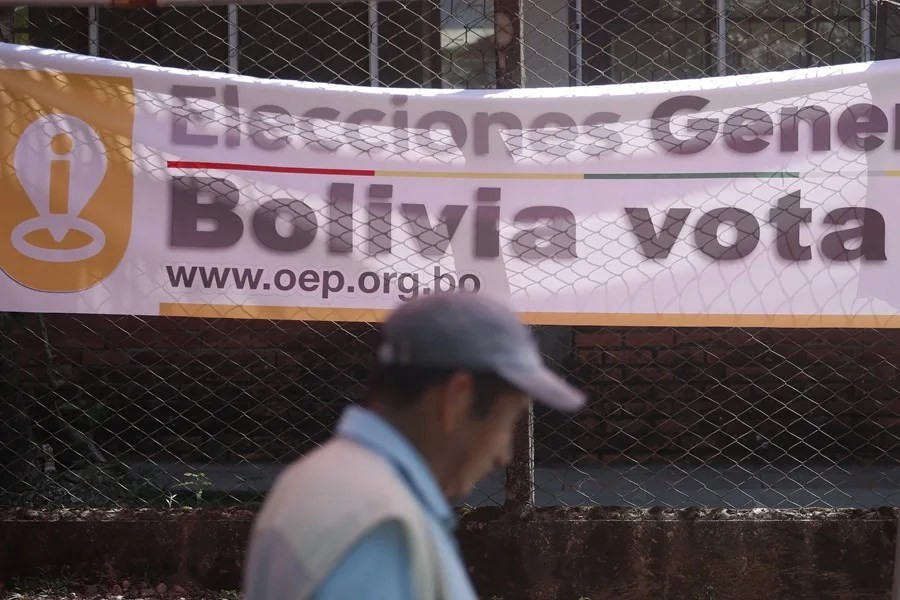Bolivia’s Political Shift Signals a Crucial Recalibration of Its Foreign Policy: What This Means for U.S. Interests
After nearly two decades of leftist rule, Bolivia’s upcoming government promises a decisive pivot in foreign relations—prioritizing renewed ties with the United States and repositioning itself on the global stage, with direct implications for America’s hemisphere security and economic interests.

Bolivia stands at a political crossroads that extends far beyond its borders. Following nearly 20 years under leftist leadership aligned with regimes hostile or indifferent to American interests, the country is poised for a dramatic foreign policy reset. The runoff election on October 19 between centrist Senator Rodrigo Paz Pereira and former conservative President Jorge Tuto Quiroga signals more than just a change at the helm—it represents an opportunity to reaffirm Bolivia’s commitment to national sovereignty through pragmatic partnerships, particularly with the United States.
Is Bolivia Ready to Rebuild Bridges with America?
For almost two decades under Evo Morales, Bolivia pursued alliances with nations such as Russia, China, Iran, Cuba, Nicaragua, and Venezuela—states that often undermine Western values and pose strategic challenges to U.S. influence in the Americas. Morales’s administration repeatedly expelled U.S. diplomats and agencies, casting Washington as a conspirator rather than a partner.
This course not only alienated a vital neighbor but also compromised Bolivia’s economic prospects by sidelining cooperation with major international financial institutions where the U.S. holds significant sway—the IMF, World Bank, and Inter-American Development Bank.
The interim government of Jeanine Áñez briefly reversed these trends by suspending ties with adversarial regimes and seeking rapprochement with Washington—moves quickly undone by Luis Arce’s administration amid ideological loyalty rather than economic pragmatism.
Why Does This Matter To America First?
Rodrigo Paz Pereira and Jorge Quiroga recognize that restoring diplomatic relations with the United States is not merely symbolic but essential for economic recovery and regional stability—a goal that aligns perfectly with America First principles prioritizing national sovereignty and secure borders. Without strong diplomatic ties, Bolivia risks remaining isolated from critical resources needed to pull its citizens out of poverty and prevent destabilization that could spill over into neighboring countries—including our own southern border security concerns.
Quiroga’s commitment to fostering relationships “with all friendly countries interested in investment and commerce,” starting immediately upon assuming office, signals practical leadership focused on economic liberty rather than ideological posturing. Renewing engagement with Israel further reflects a stance grounded in shared values rather than geopolitical theatrics.
The persistent rupture in Bolivian-Chilean relations over maritime claims remains unresolved but offers another avenue where diplomatic pragmatism could promote regional trade benefits without sacrificing sovereignty—a delicate balance essential for long-term prosperity.
The question remains: Will Washington seize this opening to support democratic transition in Bolivia by encouraging constructive diplomacy? Or will it overlook an ally emerging from authoritarian shadows into the light of free-market possibilities?
For American families watching inflation bite deeper each day and businesses navigating supply chain uncertainties, these diplomatic shifts are more than distant news—they affect global stability, energy markets, and hemispheric security. A restored partnership between Bolivia and the United States would reflect strategic foresight consistent with putting America first on every front.
